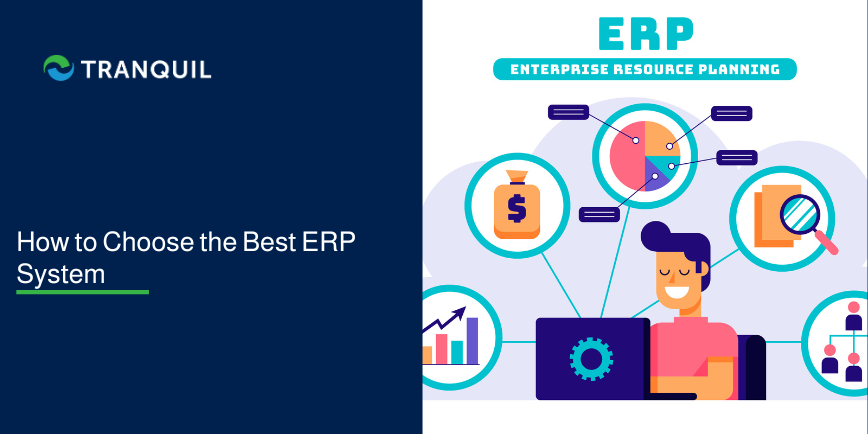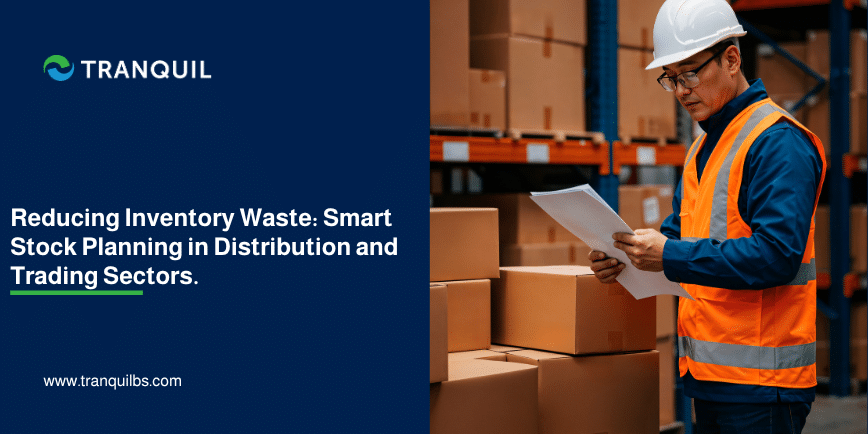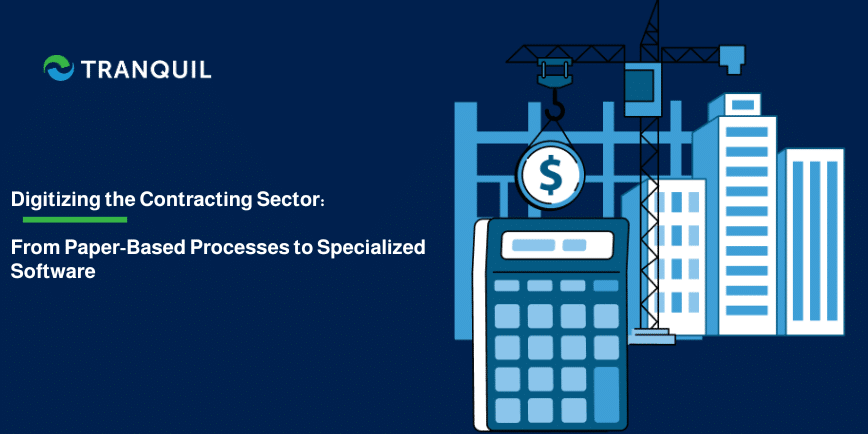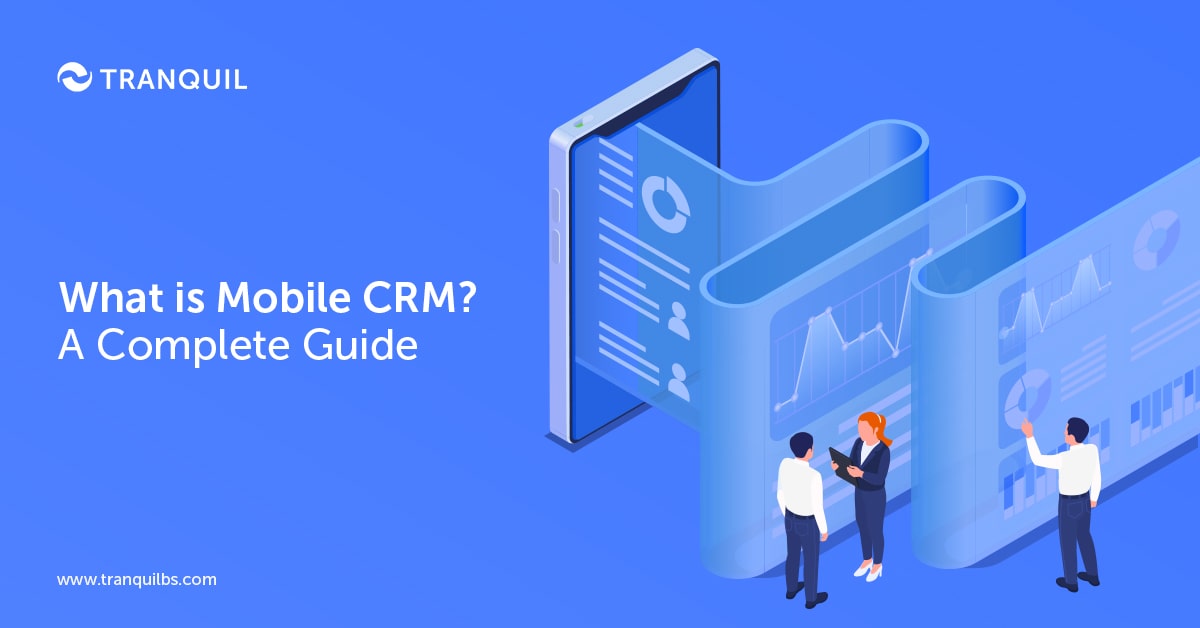
How to Choose the Best ERP System for Your Business in Saudi Arabia
In the modern business world, success is no longer merely the result of good management; it increasingly depends on the technology that supports it. One of the most prominent digital solutions that has revolutionized the way companies operate is the ERP (Enterprise Resource Planning) system. It’s not just a program, but an integrated system that connects all company departments and provides management with a comprehensive and accurate view that helps them make strategic decisions intelligently and quickly. Whether you run a small business or a large corporation, ERP system is your key to achieving efficiency and excellence.
What is an ERP system?
An ERP system (Enterprise Resource Planning system) is a type of software that organizations use to manage and integrate the core parts of their business operations. These typically include:
By centralizing data from different departments into one unified platform, an erp in ksa allows for better communication, improved productivity, accurate reporting, and real-time decision-making. Instead of each department using separate systems, ERP ensures that everyone works from a single source of truth—helping reduce errors, save time, and enhance overall efficiency.
How to Choose the Best ERP System
Choosing the right ERP system is a critical decision that can significantly impact your business. Here’s a step-by-step guide on how to select an ERP system:
1.Define Your Business Needs
- Identify your core processes: accounting, inventory, HR, CRM, etc.
- Consider your industry-specific requirements (e.g., construction, retail, manufacturing).
- Define what you want the ERP system to achieve: improved efficiency, better reporting, scalability, etc.
2.Set a Budget
- Include not just the cost of the software, but also implementation, training, maintenance, and future upgrades.
- Decide whether you’re open to cloud-based or on-premise solutions—each has different pricing models.
3.Choose Between Industry-Specific vs. General ERP
- Industry-specific ERP systems are tailored to your niche and usually require less customization.
- General ERP systems offer more flexibility but may need extra configuration.
4.Evaluate Vendors Carefully
- Look for vendors with experience in your industry.
- Check their customer support, service level agreements, and training programs.
- Request demos and case studies from similar businesses.
5.Consider Integration Capabilities
- Ensure the ERP system can integrate with your existing tools (e.g., CRM, payroll, e-commerce platforms).
- Good integration reduces data duplication and increases efficiency.
6.Assess User-Friendliness
- A complicated system can reduce adoption among employees.
- Choose an intuitive interface with strong training and support.
7.Scalability and Flexibility
- Make sure the ERP system can grow with your business.
- Look for modular systems where you can add functionalities as needed.
8.Review Security and Compliance
- Ensure the erp ksa system meets data security standards and complies with industry regulations (like GDPR or local tax laws).
9.Request a Trial or Pilot
- Test the erp software system with real data to see how it performs in your daily operations before committing fully.
10.Involve All Stakeholders
- Engage key departments in the selection process to ensure the system addresses everyone’s needs.
What is an ERP system in accounting?
An erp accounting system is an integrated software solution used to manage all financial and accounting operations within an organization through a single, unified platform. This system aims to link various financial data and procedures such as general ledgers, accounts payable and receivable, budgeting, financial reporting, fixed asset management, and bank reconciliations, contributing to improved efficiency and reducing errors resulting from manual entry.
An erp system accounting finance provides accurate, real-time financial information, helping management make informed strategic decisions. It is also an important tool for ensuring compliance with accounting and tax standards and facilitating audits through clear, automated records. In short, an erp financial systems is the digital backbone of any organization seeking to streamline its financial resources and achieve sustainable growth.
ERP System for Construction Company: Streamlining Project Management and Operations
An erp system for construction company is a vital tool that aims to unify and manage various aspects of a project on a single platform, facilitating control over complex processes and enhancing operational efficiency. It connects project management, purchasing, inventory, human resources, and accounting into an integrated system, enabling accurate cost tracking, timeline management, and efficient resource allocation.
This system also helps improve communication between field and administrative teams and reduces errors and delays resulting from manual work or inaccurate data. Thanks to an ERP system, contracting companies can achieve a higher level of organization and transparency, which directly impacts the quality of implementation and profitability.
ERP System Saudi Arabia: Empowering Businesses with Localized Solutions
ERP system Saudi Arabia has become an essential component in enabling companies to keep pace with digital transformation and achieve operational efficiency in accordance with local market requirements. ERP systems designed specifically for Saudi Arabia provide solutions that are compliant with tax regulations such as Value Added Tax (VAT) and e-invoicing, in addition to supporting the Arabic language and the Hijri calendar.
These systems help Saudi companies improve resource management, enhance financial control, and increase productivity by unifying operations within a single platform. It also meets the needs of various sectors, from manufacturing to contracting and services, making it a strategic choice for growth and expansion in the Kingdom’s rapidly evolving business environment.
Conclusion
In light of the increasing challenges and rapid change in the business market, there is no longer room for relying on traditional management methods. An ERP system is a smart investment that opens the doors to development and growth for companies by streamlining operations, improving performance, and increasing profitability. Choosing the right system and implementing it professionally can be a true turning point in any organization’s journey toward a more successful and stable future.
FAQs
What is an ERP system?
An ERP (Enterprise Resource Planning) system is software that integrates all administrative, financial, and operational processes into a single system, such as accounting, human resources, sales, inventory, and purchasing.
Can an ERP system be customized to suit the nature of my company?
Yes, most ERP systems can be customized to suit the needs of various sectors, such as contracting, manufacturing, retail, and others.



